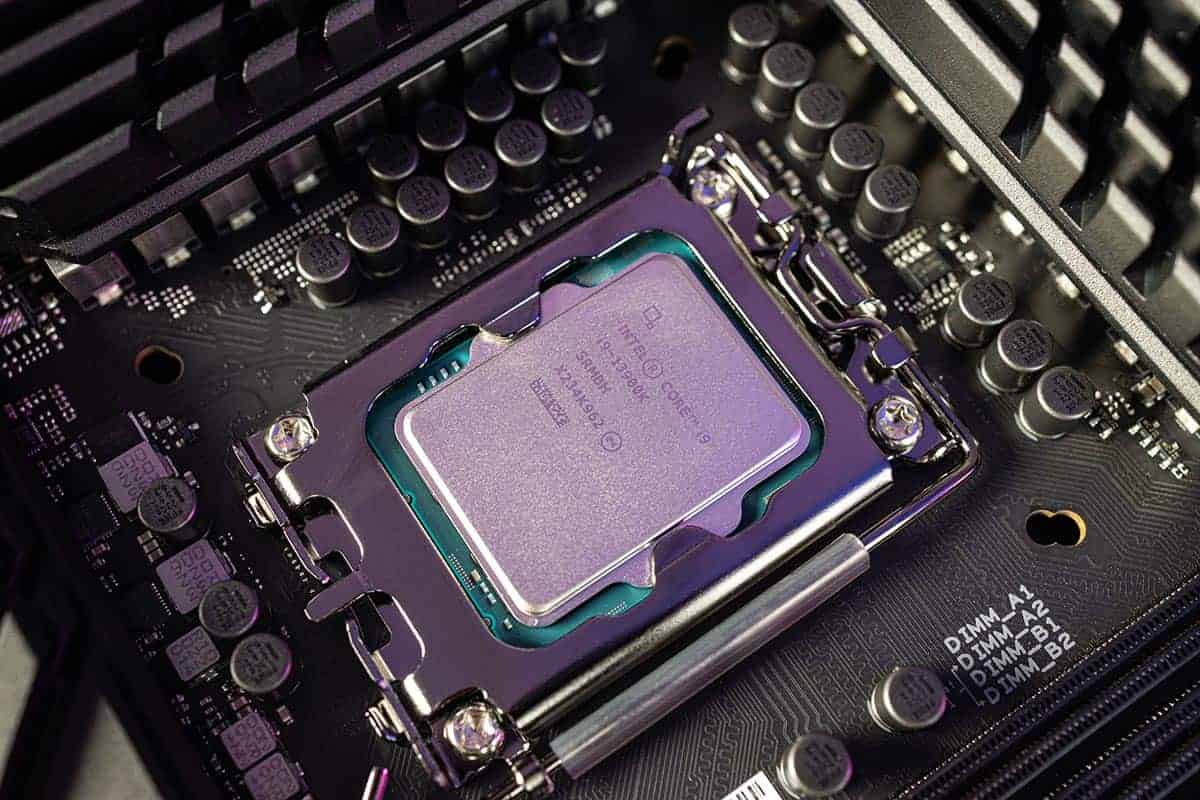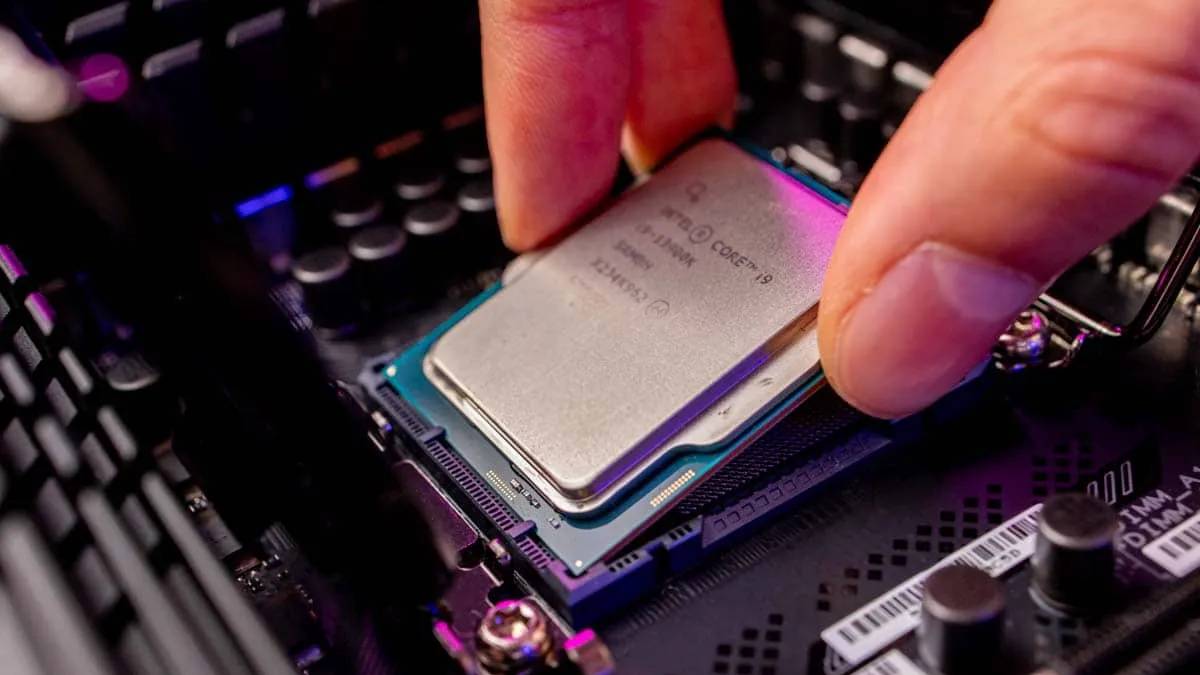You can trust VideoGamer. Our team of gaming experts spend hours testing and reviewing the latest games, to ensure you're reading the most comprehensive guide possible. Rest assured, all imagery and advice is unique and original. Check out how we test and review games here
If you’ve ever looked into buying or building a gaming PC, you’ve probably found yourself wondering at some point what a CPU actually is. If you’re not totally new to PC gaming, it’s likely you know that your CPU is a vital component and one that has a large impact on your rig’s performance. You might even know what CPU stands for. Now let’s break down what one actually is.
What is a CPU?
In the most basic terms, a CPU is like the brain of your computer. It receives external inputs, sends out instructions and processes results. It’s the primary means through which each bit of hardware in your system interacts with the other.
Before we break this down in more detail let’s have a look at what a CPU physically is.

Your CPU sits on top of your motherboard inside your PC case. Modern CPUs are small chips, that fit comfortably in the palm of your hand. Packed into this small package are billions of microscopic electrical transistors, packed onto silicon wafers. We won’t go into too much detail here, but it is these tightly-packed transistors which give the CPU its computing power. Let’s have a look now at some of the ways your CPU is used, specifically for gaming.
What is a CPU in gaming?
It’s common knowledge that a CPU is one of the most important components in gaming. Getting your hands on one of the best CPUs for gaming can greatly improve your PC’s performance. As we already mentioned, in general, you can think of the CPU as your computer’s brain and the same applies when gaming. Your chip is handling a tonne of processes, as well as distributing commands to other components and coordinating where the results are sent.
For example, your CPU is in charge of the physics calculations within the game world. It crunches the numbers to calculate a player or object’s velocity, how objects collide and interact and even stuff such as the logic which dictates non-player character behaviours. It also detects inputs from the player and processes the necessary steps to enact that input.
For example, if you press the input to fire a gun in-game, the CPU registers that input from your keyboard or mouse, tells your computer’s memory to update the game state to reflect that, calculates the velocity of that bullet and any collision it has with a player or object, and send a request to your GPU to generate the appropriate pixels to display the image – and all that in a fraction of a second! If you still have any confusion you can check out our article comparing the differences of a GPU vs CPU.
Frequently asked questions
Modern computing is incredibly complex and intricate. We’ve done our best to explain in broad terms what a CPU is, but no doubt you are still left with some questions – hopefully, we have answered a few of them below.
What is a gaming CPU?
A gaming CPU is a chip designed specifically to suit the demands of modern gaming. This means it will likely have a larger cache, and faster raw performance, though perhaps fewer cores, compared to a workstation CPU of a similar level.
Do you need a CPU for gaming?
Yes. Without a CPU your computer will not be able to do anything at all, let alone run games. What’s more you need a powerful CPU for modern gaming, especially if you want to play at higher speeds.







